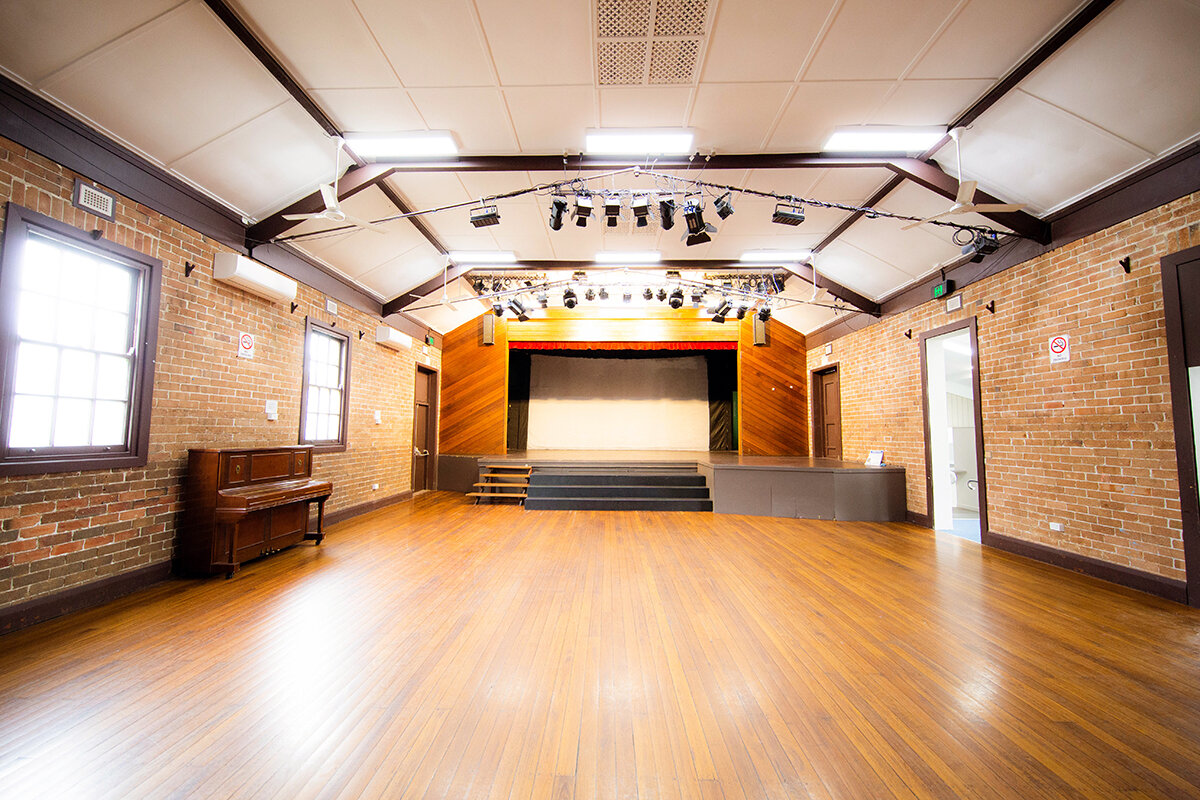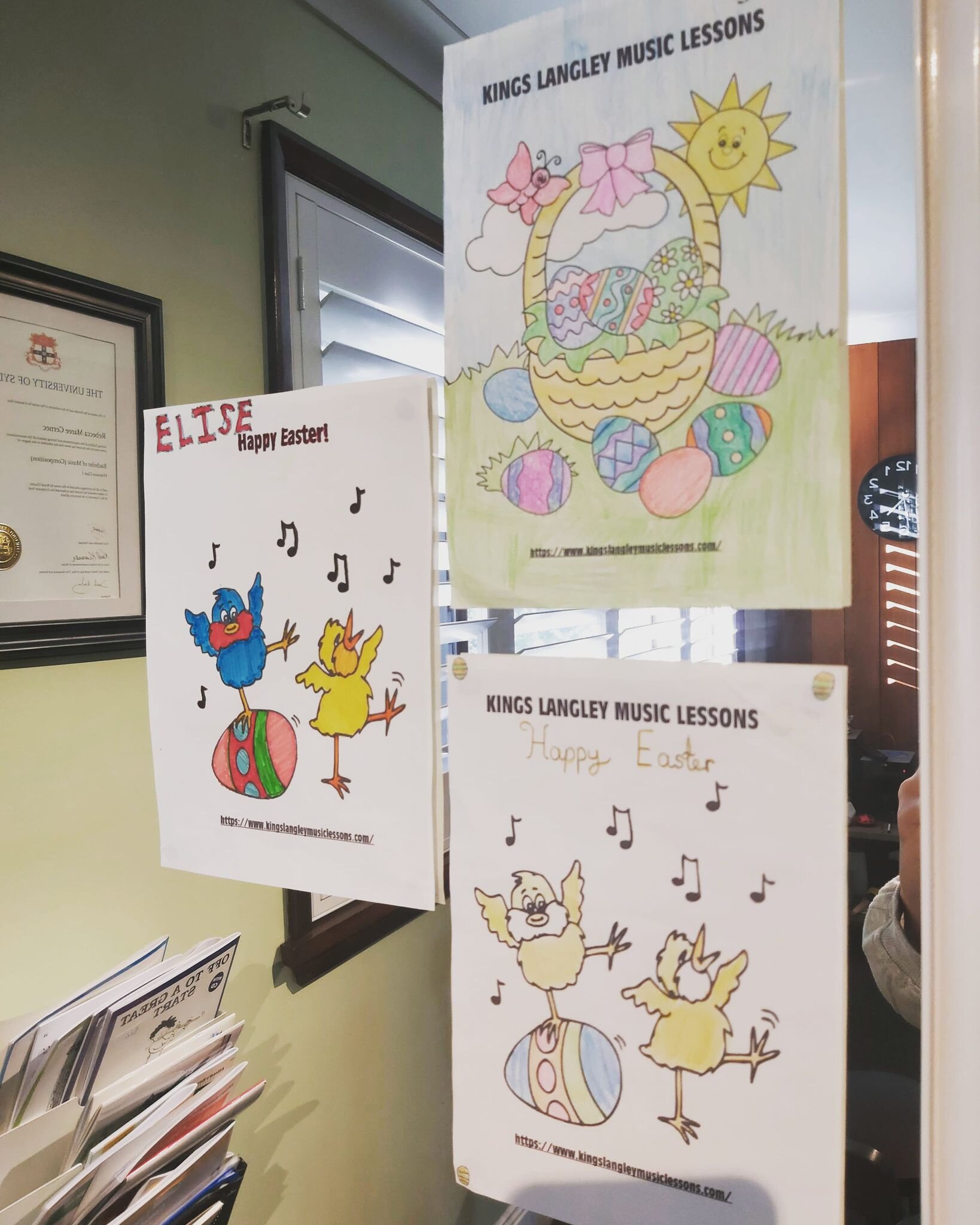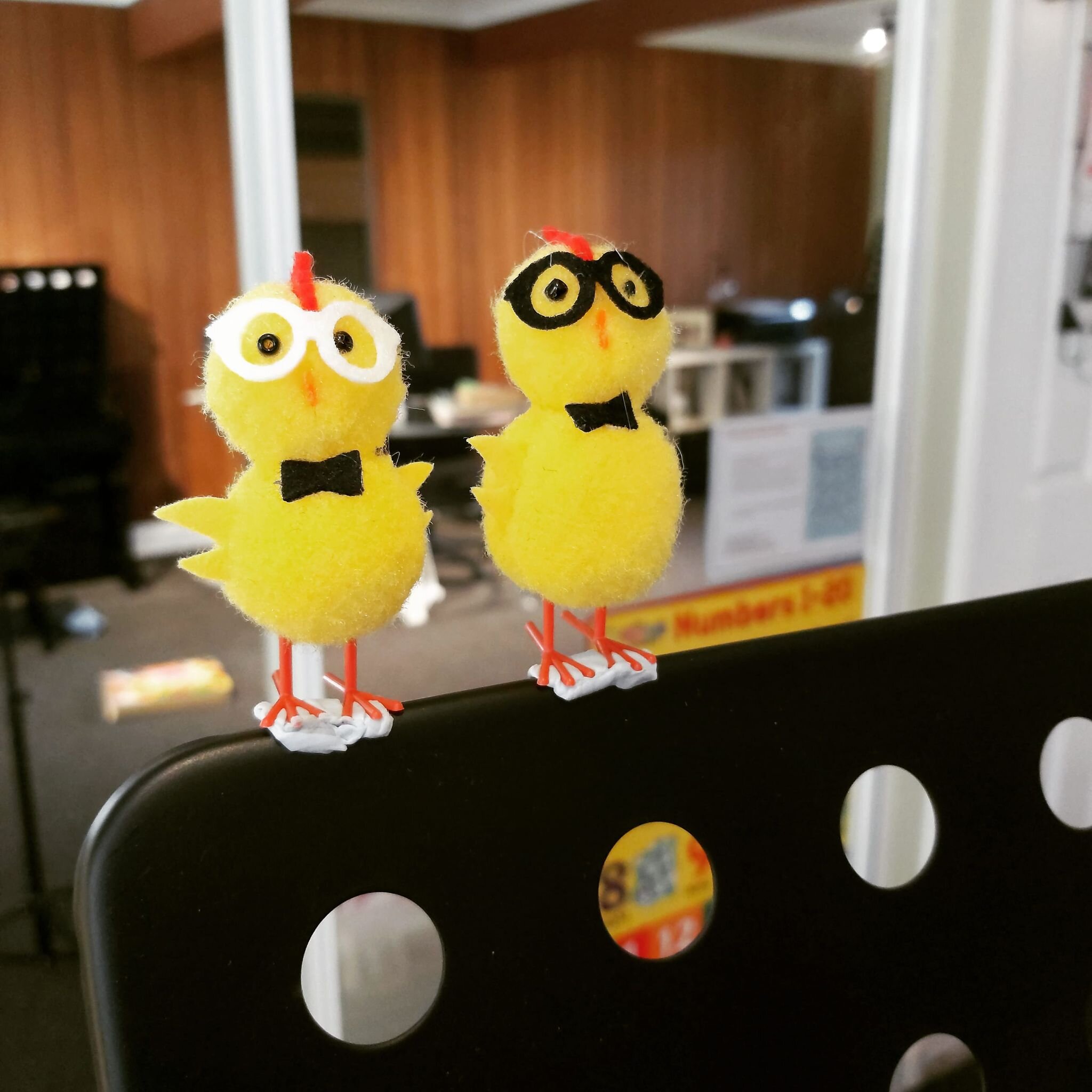Congratulations to Talia & Anirud who successfully completed their AMEB Piano Exams with fantastic results: Pass with Honours (A) and Pass with Credit (B+) respectively! And a big congratulations to Olivia, who received an A for her AMEB Flute Exam!
Due to COVID19 restrictions, most AMEB exams are still being conducted as Video Repertoire Exams. However, I was able to use my connections to secure places for Face-to-Face AMEB Exams at nearby private venues. This allowed the students to show their full potential and demonstrate their skills in person.
Examiner feedback included:
Piano:
Hands were rhythmically integrated & the melodic line was appropriately shaped, with pleasing tonal balance of hands. Enjoyable!
There was an attractive flow throughout, with a sense of tranquillo.
A pleasing tempo was chosen & maintained, with conscientious awareness of slurs & staccato.
Hands were well coordinated & dynamic attention was conveyed through this fluent rendition.
Flute:
There was a good sense of rhythmic pulse to your playing.
Good unison playing with your pianist. A sprightly rendition, well done!
What are AMEB exams?
The Australian Music Examination Board was established in 1918 to provide nationally recognised music exams. They provide a detailed syllabus for music students & teachers, and give students the opportunity to perform for a professional musician (the AMEB examiner) and receive feedback. All students receive a written exam report, which contains feedback on their playing, plus an official AMEB certificate.
Why take AMEB exams?
The benefits of undertaking an AMEB exam are vast - they provide a goal for students to work towards, allow independent feedback plus they are nationally recognised. AMEB exams are looked upon favourably for high school scholarships & applications, with a number of private schools having expected benchmarks for potential music students - for example some high schools require certain entry levels for their band programs.
What do students present in an AMEB exam?
There are various types of AMEB exams - for example comprehensive, recital, leisure etc. Olivia undertook the comprehensive flute performance exam - the most challenging type of flute exam on offer. She had to:
Play a selection of scales, arpeggios & other technical work from memory
Perform 3 pieces each; 1 solo & 2 with piano accompaniment. The pieces were all different styles - Classical, Romantic, Modern, Jazz etc.
Plus she completed a range of ‘unseen’ activities in the exam - sight-reading, general knowledge, aural skills etc.
If you would like more information on AMEB exams feel free to get in touch. Or check out the AMEB NSW page online here.
































